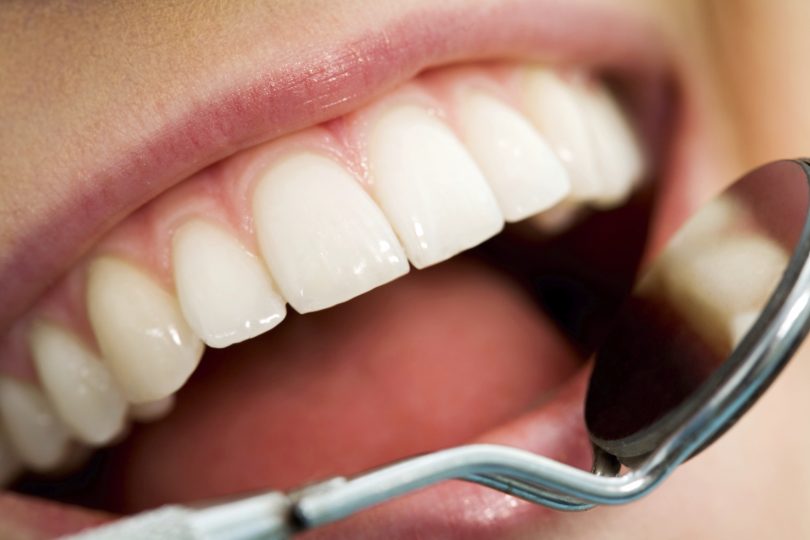Have you ever been in a dental chair during your routine exam and heard your dentist say to the assistant, “Let’s put a watch on that tooth”? “What on earth are we actually watching?”
Do Problems in Your Mouth Resolve on Their Own?
Well, think about it. Do cavities into the dentin actually reverse themselves? Does a food trap get better on its own? Does a crack or fracture in a tooth heal itself? Does a broken tooth heal itself? Does gum tissue recession “un-recede” or “re-grow” on its own? Do gums that bleed when we brush, floss or have a dental cleaning represent health? Does bad breath signify a healthy mouth? Does a diseased mouth signify a healthy body? Does a new tooth grow in an area where a tooth has been removed?
The answer to all of these questions is a resounding “NO!” So why would we want to wait to treat these problems? Why would anyone even suggest waiting? Sometimes, it is because in the past, dentists didn’t have the diagnostic tools and advanced techniques to be able to know what was happening – or what to do about it. Now they do.
Providers Should Have the Right Tools and Training
In order to know what to do when a potential dental concern arises, it is helpful if your dental practice invests heavily in new technology and the education required to master that new technology. And, your dentist and dental hygienist must take the time to properly evaluate your condition and explain to you what they see and what they know. (To be scientific, there are times when we DO want to watch and wait. These are the rare exceptions and can sometimes be the most conservative way to handle a situation.)
Often, what we see upon clinical examination is frightening. Missed diagnoses are very likely happening to you now. Why? Because it’s happening everywhere! Have you ever had a tooth crack or split into the nerve and the bone, just while eating a banana, or a sandwich? Perhaps you were on your honeymoon, or on your way to your “dream job” interview. Maybe you were preparing for the birth of your child. Or perhaps you were ready to go on stage for a long-awaited performance. Or maybe your husband was on deployment and you were home with 4 little ones and awakened in the middle of the night – not by a baby’s cry, but by your own – with the worst pain you have ever experienced – even next to childbirth. We dentists have treated individuals who have had all of these things happen to them. Patients we have never seen before call us for relief from their dental emergencies.
Well, the crack didn’t just “happen.” Likely, it started months before. Wouldn’t it be nice to know about this before the fractured tooth and/or toothache came?
Systemic Link
And with all the scientific research linking gum disease to tragic body conditions, wouldn’t it be nice to know that gum disease is linked to heart attack, stroke, diabetes, lung abscesses, kidney disease, pregnancy complications, rheumatoid arthritis and a whole host of degenerative diseases, including cancers, before we get those conditions?!
I have had the privilege of seeing patients from all over the world for 30 years. I have heard countless tragic stories of pain and anguish caused by dental emergencies. Sometimes, it is the patient who has neglected their care. We can understand that, especially with the recent state of the economy. And most dental diseases are silent until their later stages.
Conservative and Preventative
But sadly, many times, the patients with dental emergencies have had “regular” dental care – meaning the “traditional” kind, and their doctor was “watching” something in their mouth. Other times, the problems were occurring on a “microscopic” level, and couldn’t be seen with the naked eye. The good news is that we have the methods to treat everyone safely and proactively, in a more conservative manner by finding the problems early, often avoiding the pain, unexpected emergencies and expense of dental emergencies.
Conservative dental treatment is nearly always the best investment in the long run. Why not find out about problems early instead of late? The above-listed dental problems will never correct themselves. It’s possible to be treated conservatively when a proper, technologically advanced and comprehensive evaluation is performed at the start. Find disease when it is small and early and you win every time!



